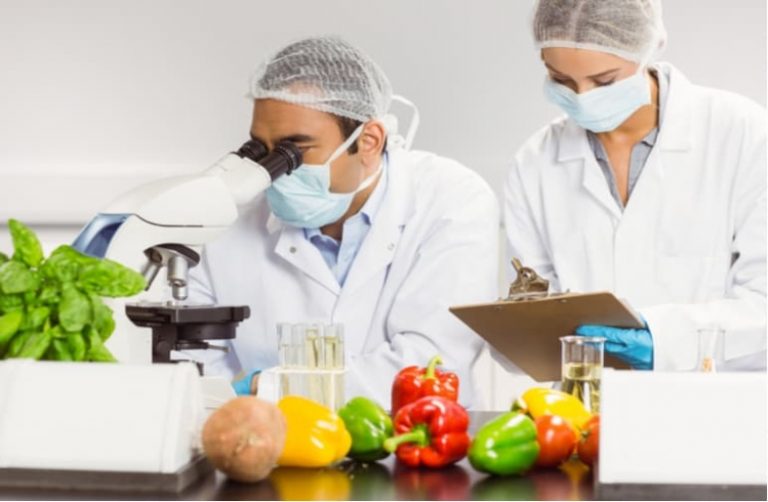From the above discussion, it is apparent what, as a discipline, food microbiology has to offer. Before the 1970s, food microbiology was regarded as an applied science mainly involved in the microbiological quality control of food. Since then, the technology used in food production and processing, distribution and retailing, and food consumption patterns have changed dramatically.
These changes have introduced new problems that can no longer be solved by merely using applied knowledge. Thus, modern-day food microbiology needs to include a great deal of basic science to understand and effectively solve the microbiological problems associated with food. The discipline includes not only the microbiological aspects of food spoilage and foodborne diseases and their effective control and bioprocessing of foods, but also basic information of microbial ecology, physiology, metabolism, and genetics.
This information is helping to develop methods for rapid and effective detection of spoilage and pathogenic bacteria, to develop desirable microbial strains by recombinant DNA technology, to produce fermented foods of better quality, to develop thermos table enzymes in enzyme processing of food and food additives, to develop methods to remove bacteria from food and equipment surfaces, and to combine several control methods for effective control of spoilage and pathogenic microorganisms in food. An individual who has completed courses in food microbiology (both lecture and laboratory) should gain knowledge in the following areas:
To be effective, in addition to the knowledge gained, one has to be able to communicate with different groups of people about the subject (food microbiology and its relationship to food science, food processing, food biotechnology, and biomedical sciences). An individual with good common sense is always in a better position to sense a problem and correct it quickly.
Conclusion
Human civilization began when hunters and gatherers adopted not only production, but also preservation of foods. Thus, long before the existence of microorganisms was discovered, their importance in food spoilage and health hazards was conceived of by our early ancestors. Once the microorganisms’ association with and importance in food were proven, efforts were made to understand the basic principles associated with food and microbial interactions.
If You Need More Information: forexinghub.com
Read more about this website: ikgrand.net

